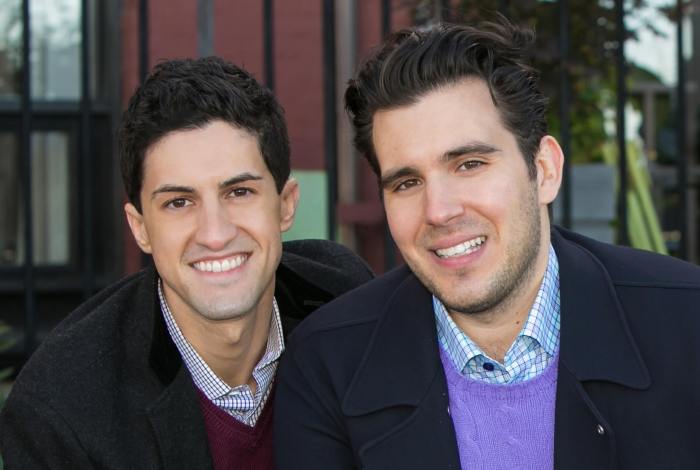Q. I recently purchased a home and I thought I was being interrogated by my lawyer with respect to who I was, and proving my identity with photo identification. What is this all about?
A. In recent months there has been a large push by different organizations for lawyers to go to some lengths to identify their clients. Gone are the days that you just brought your money in and the keys to your new castle were yours.
The first organization that is requesting that lawyers positively identify their client(s) is the financial institution. Due to mortgage fraud, even with fake identification, mortgagees are forcing lawyers to request photo identification from their clients. The two best pieces of identification are a valid Ontario drivers licence and a valid Canadian passport. Other pieces of useful identification could be a permanent resident card, a birth certificate or a Canadian citizenship card. Ontario health cards cannot be used as identification (I think due to the fact that there are so many fraudulent cards that are circulating). Some institutions are going so far as to having the lawyer ascertain the occupation of the client.
Another organization that has been expressing concern about client identification is the Law Society of Upper Canada. For a variety of reasons, they have been communicating with their members the importance of knowing their clients better. One of the concerns is with respect to money laundering while another is the overall increase in fraud by clients against unsuspecting lawyers.
A third set of organizations that are concerned of a lawyer’s client are the title insurance companies. These are the businesses that insure real estate transactions and bear the cost of repairing title if, for example, mortgage fraud has been committed on an insured property.
Don’t take it as an insult, but rather as further consumer protection.
– Jeffrey Cowan is the principal with Cowan Taylor and McGee, Barristers & Solicitors. The information in this article should not be relied upon as legal advice.
















